GREENER
Most products, including boats, have a three-phase lifecycle: first manufacturing, then a phase of use, then end of life when the product’s footprint can perhaps be reduced by finding useful ways to recycle it. This standard lifecycle approach doesn’t fit us, though. As we see it there is no end of life date for a Baltic yacht.
The first boat we built, Queen Anne, returned to Jakobstad recently in perfect structural condition after half a century of sailing. In the years since her delivery, Baltic yachts have become ever stronger and less prone to age-related issues.
With good maintenance, regular servicing and occasional upgrades, most of the 500-plus vessels we’ve launched could still be sailing a century from now.
With no end of life in sight, we need to think about environmental impact in a different way. We’re creating a forever fleet. That’s the heart of our strategy as we move towards more sustainable boatbuilding – to optimise the longevity and efficiency of our yachts still further, with three key areas of focus.
OUR FOCUS AREAS
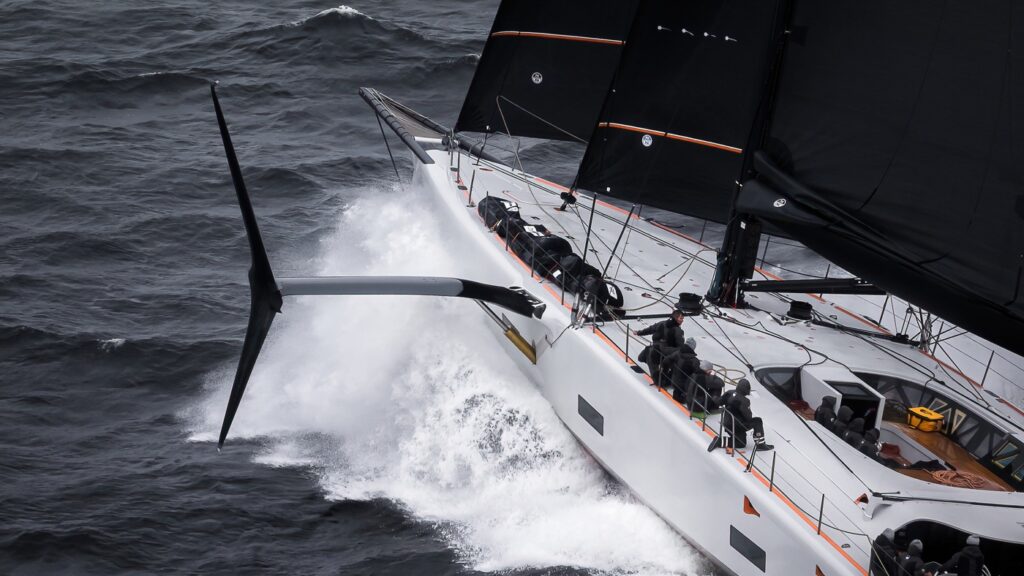
YACHTING ON AIR
We design and engineer our yachts to be as light, strong and efficient as possible. Building in carbon fibre offers several advantages to mitigate the inherent footprint of the material. Lighter displacement means less energy is used for propulsion. The absence of corrosion gives a longer lifespan, enabling a yacht to maximise the efficiency gains of light displacement.
We deploy the latest renewable energy solutions, in our yard as well as our boats, to reduce the footprint of our operations. We develop new applications for technologies such as foils and we’re working to establish a baseline for carbon emissions.
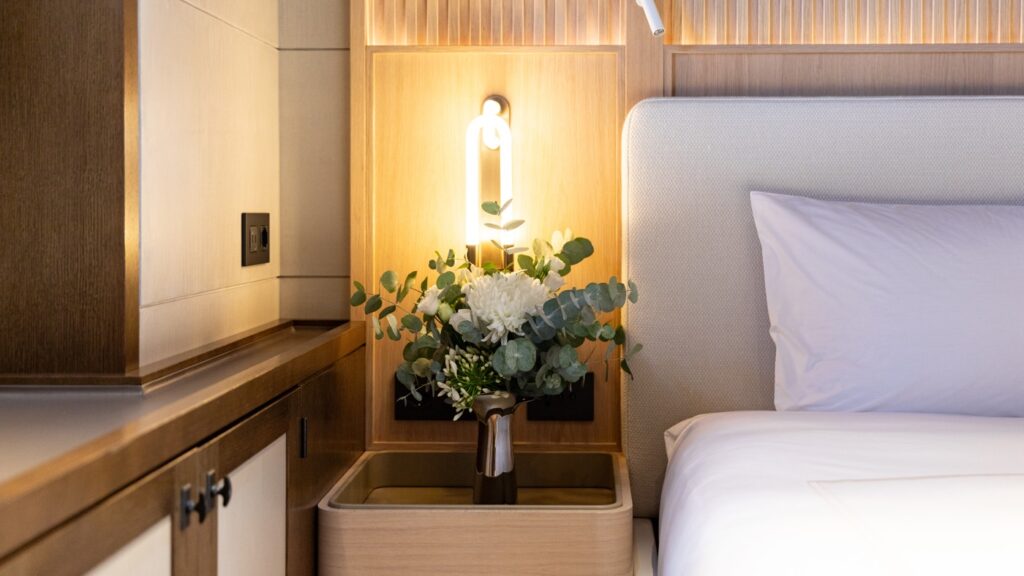
FUTURE PROOFING
Exceptional build quality ensures that our yachts can last longer than a lifetime and serve multiple generations of owners. Equally important, they are also designed and built to be easily upgradeable. To support our existing fleet, Baltic Yachts Service & Refit is on hand to provide upgrade paths and develop individually tailored solutions.
From major projects, like hybrid power conversions, cruiser-to-racer transformations and full interior refits, to tightly focused gains in PLC functionality, thermal efficiency and sound insulation, we bring many boats up to date and give them a new lease of life.
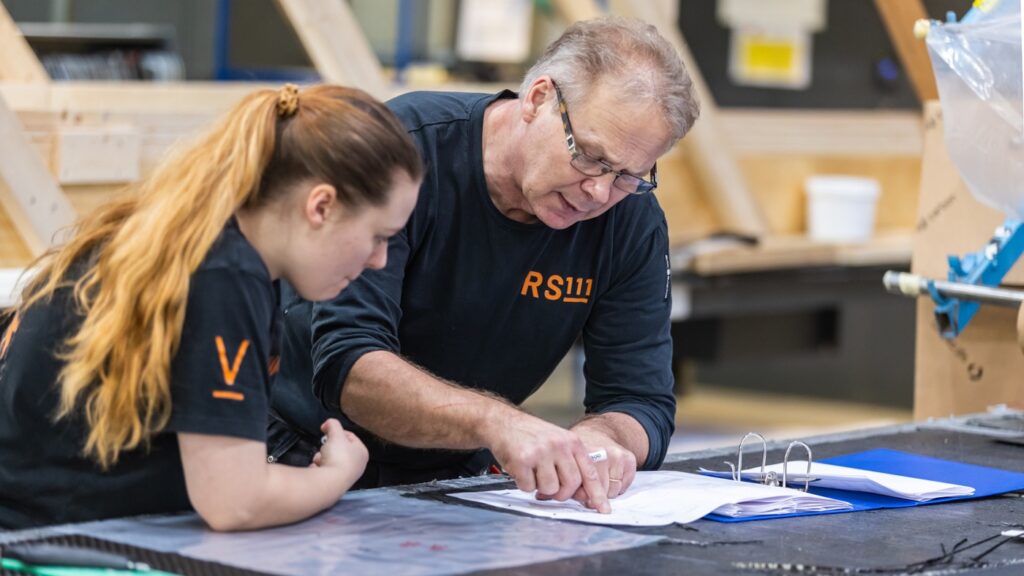
SUSTAINABLE PARTNERSHIPS
Our people are our most valuable asset: the Baltic Yachts family. We strive to provide an attractive, inspiring workplace – and beyond it a broader boatbuilding ecosystem – where our employees, contractors, suppliers and service providers can all learn from each other, develop their skills and thrive.
We work with partners across a wide range of industry sectors who share our strong interest in green innovation. We encourage focused action on sustainability throughout our supply chain while always ensuring that we deliver the best value to our customers.
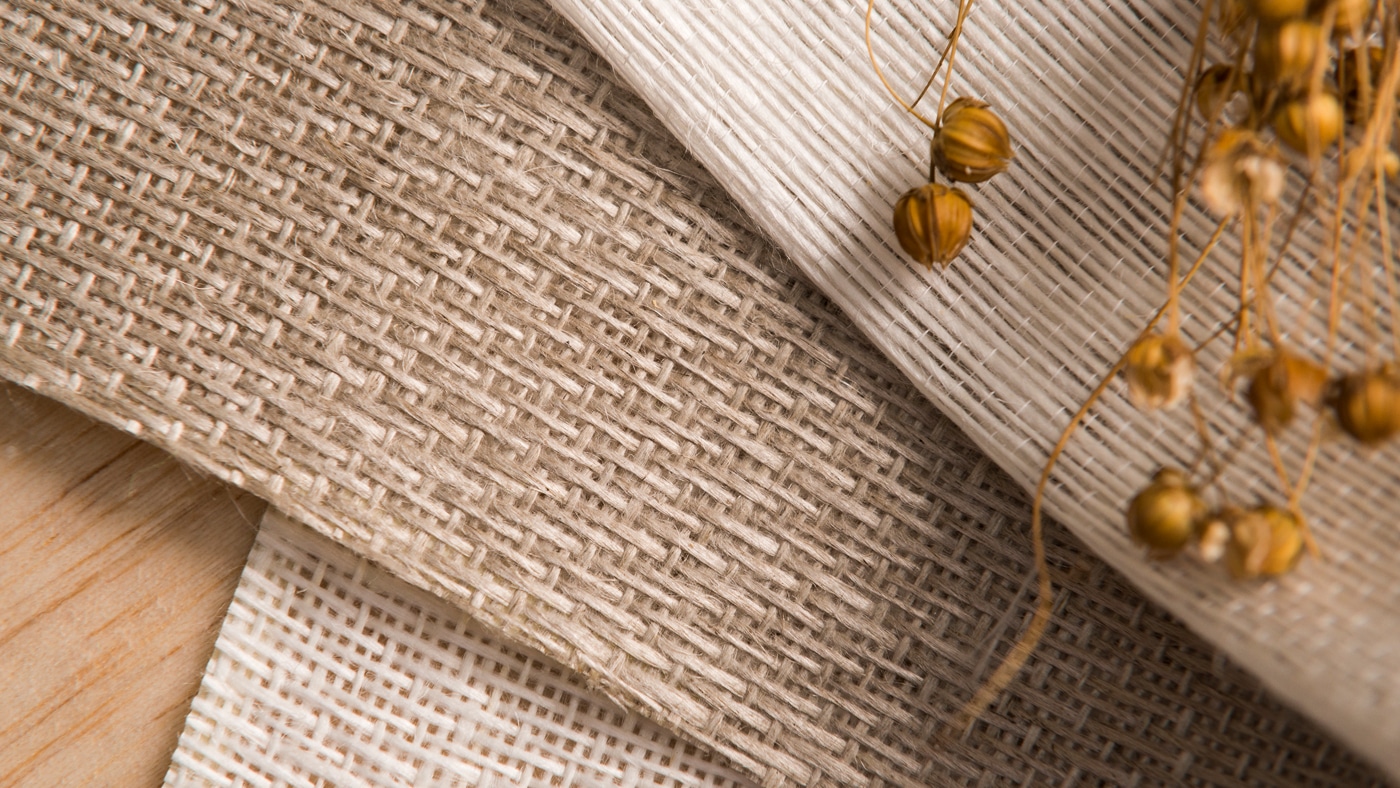
FLAX
Recent developments in material technology, combined with an extended period of testing and R&D efforts have enabled us to reach a major milestone in structures fabrication. Thus far in boats up to about 70ft, we can substitute naturally grown flax for carbon fibre in structural laminates by up to 50%.
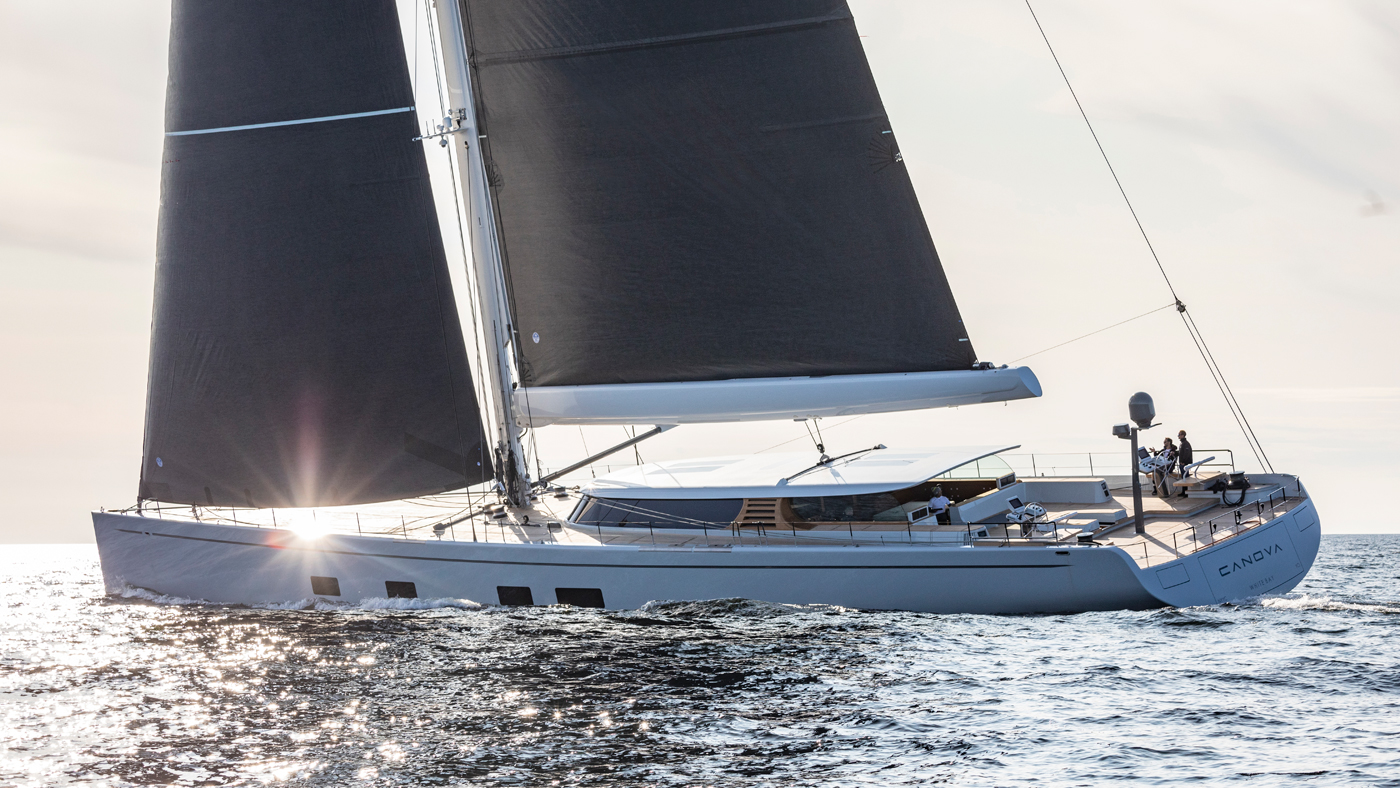
LOW LOCAL EMISSIONS
A sophisticated combination of hybrid propulsion, hydrogeneration, advanced battery technology and ingenious engineering allow us, theoretically, to build a 100ft+ zero emissions yacht. While this might sound extreme, we believe it will be the norm in a few years' time. Low local emissions yachts have, in fact, been part of the Baltic programme for some time, as several of our recent launches, including Baltic 142 Canova, feature state of the art systems that enable them to run on electricity for prolonged periods of time. Sophisticated, silent, emissions free – the future of environmentally responsible superyachts is already here!
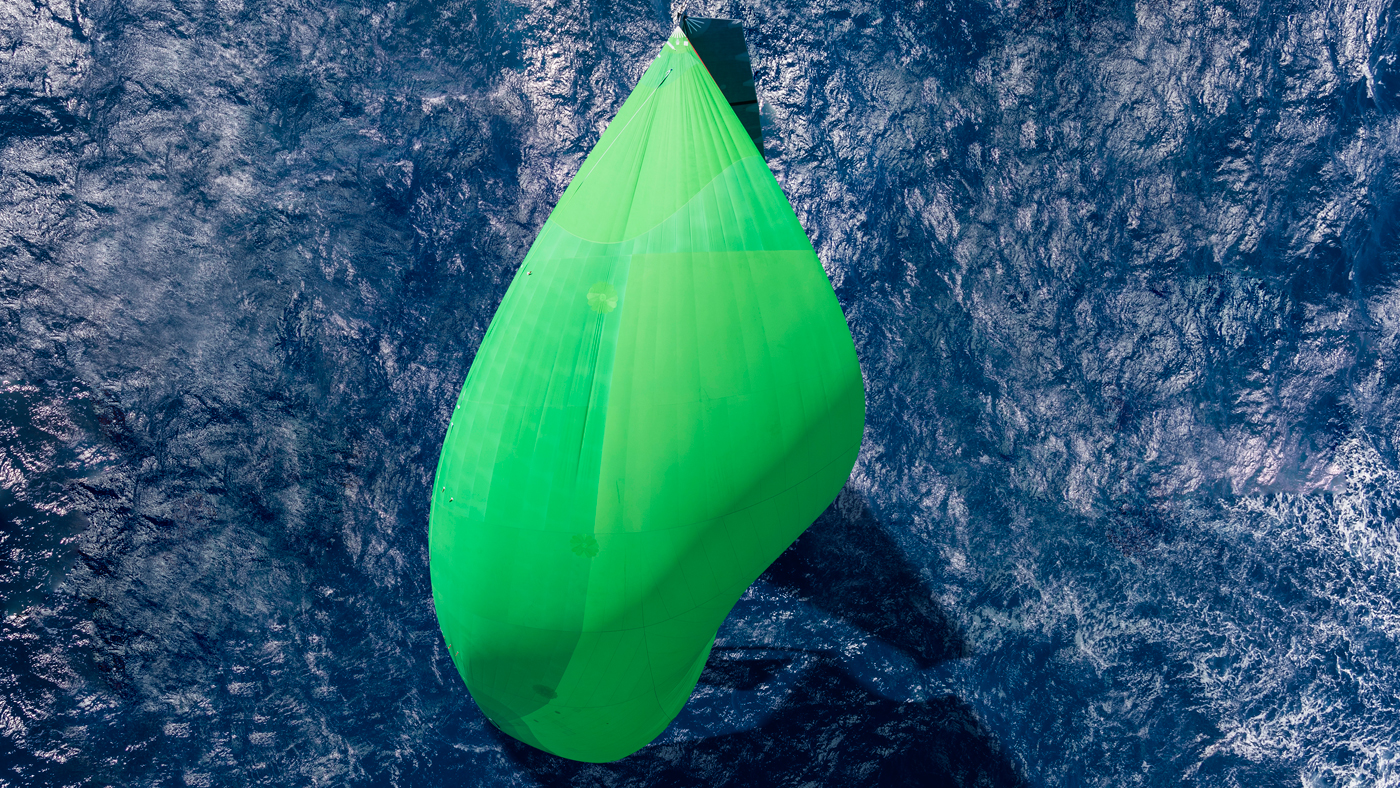
HYDROGENERATION
Crossing an ocean without consuming a drop of fossil fuel and in greater comfort, is possible today thanks to hydrogeneration. A great advantage of using an electric motor is that it can work as a generator by harnessing energy from the ‘free-wheeling’, controllable pitch propeller when the yacht is sailing.
Baltic 142 Canova was the first yacht built by us to have the capability of hydrogeneration and the results have exceeded our expectations.
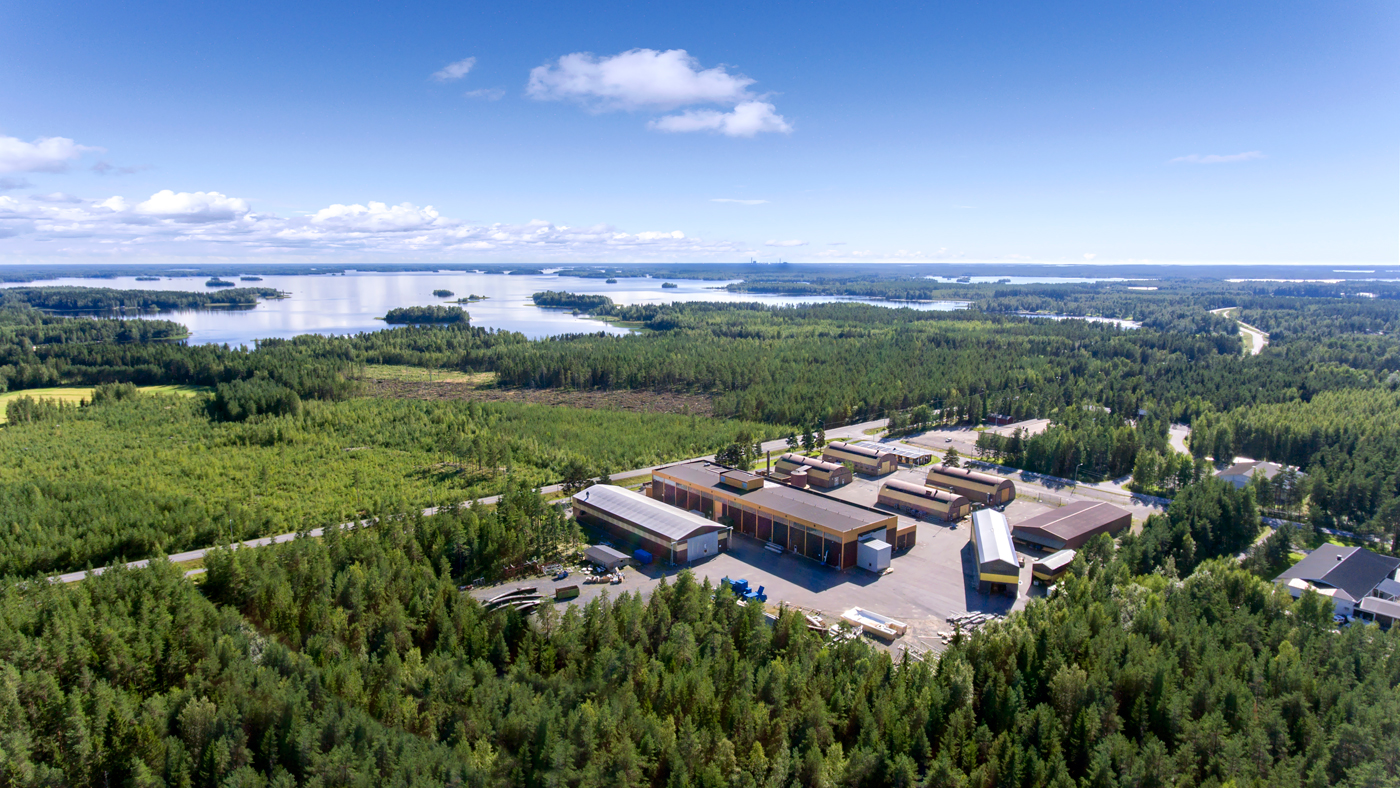
A GREENER YARD
All the electricity that we use in our production facilities is locally produced, sourced from nearby windfarms or hydropower. We have replaced fossil fuels for heating the production facilities, and moved to organic, pellet-fueled heating. We are also working on reducing energy consumption throughout our operation to reduce our environmental impact even further. Since 2017, we have been tracking production-related waste. We have managed to reduce unsorted waste to zero, and also reduced the waste produced per labour hour by more than 10%. Most of our production tooling is made from organic and recyclable materials.
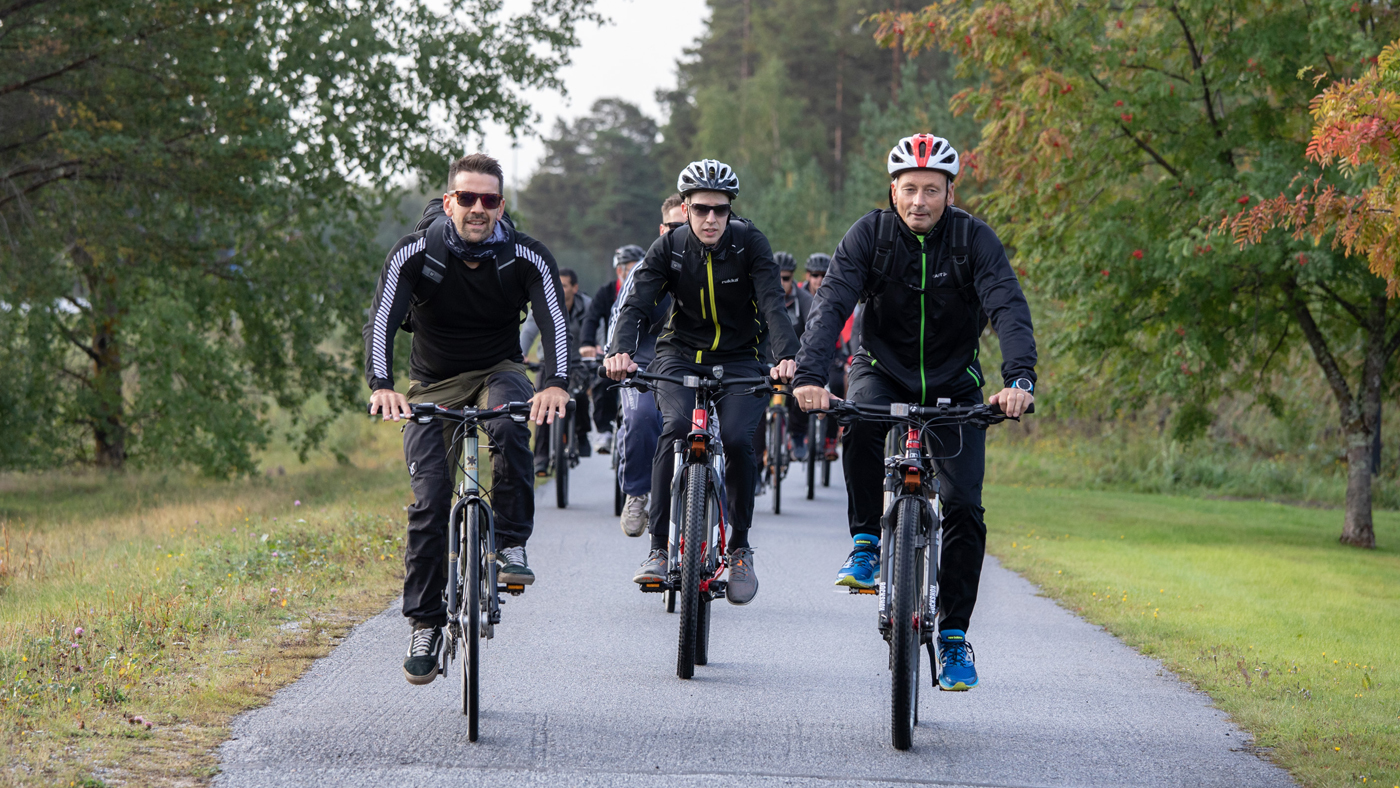
TOGETHER AS A FITTER, GREENER FAMILY
We take pride in our exceptionally skilled and motivated staff; the key members of the Baltic Family. We have an environmentally-geared 'mileage race' – where all commutes to and from work by bicycle are logged. This is then converted to CO2 equivalents saved. To help promote this initiative, there is a friendly competition with other companies in the region. In addition to being good for the environment, it helps our staff stay physically fit as well. To further embrace and celebrate our sustainability theme year, we have an ongoing employee engagement initiative, where we encourage our staff to submit suggestions and measures by which we could further improve our sustainable practices.
